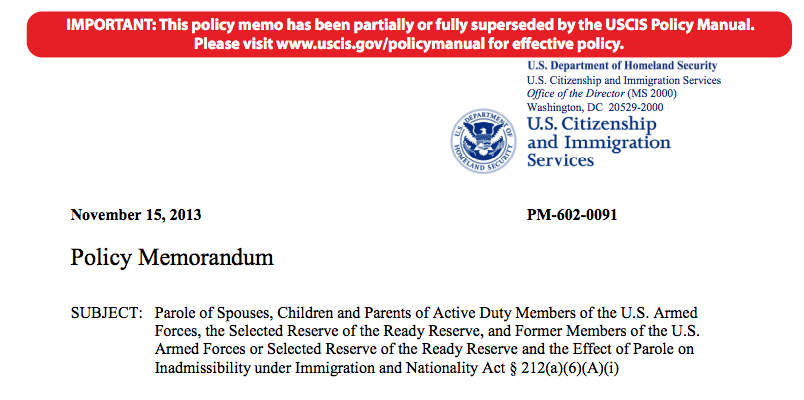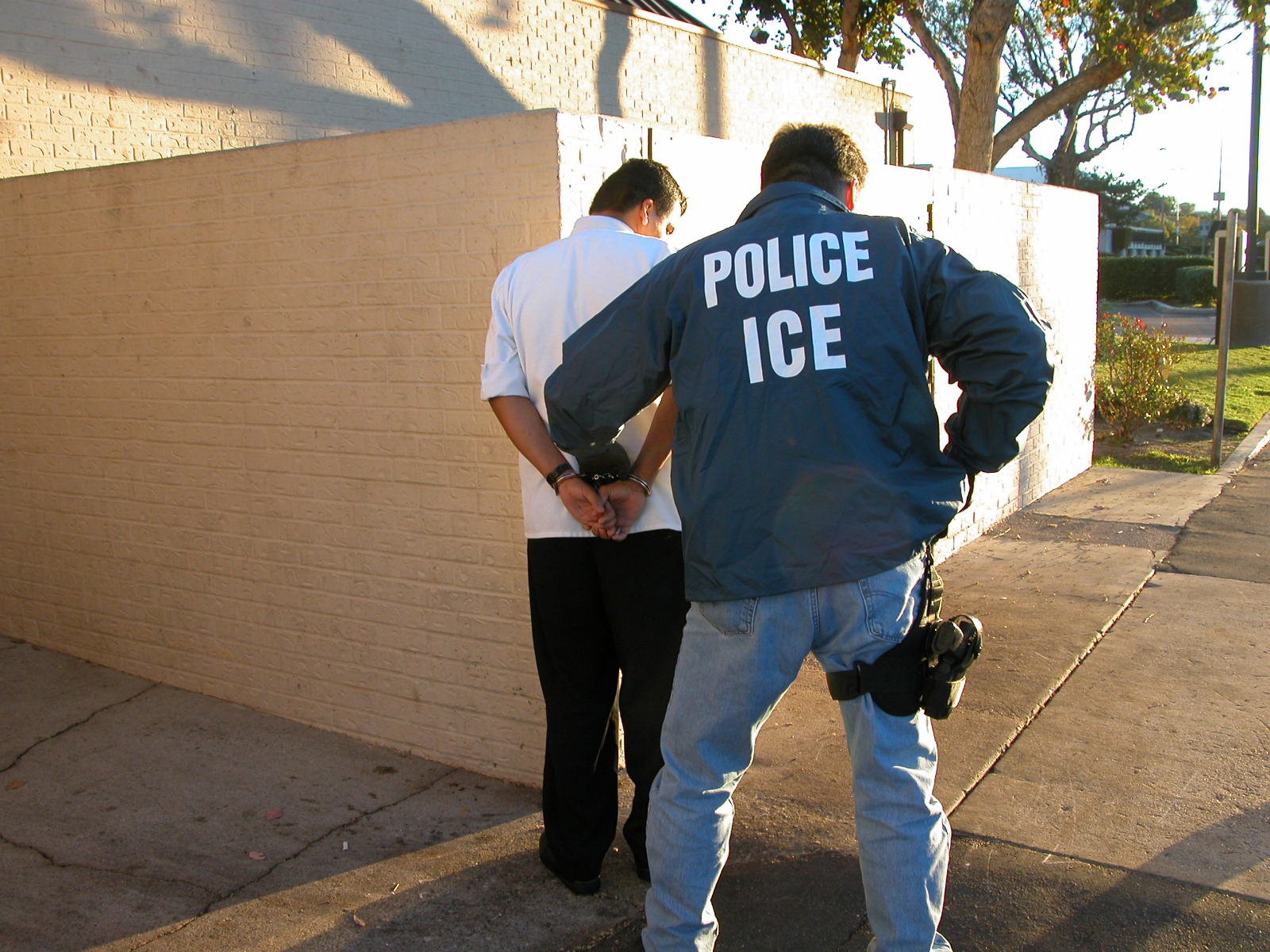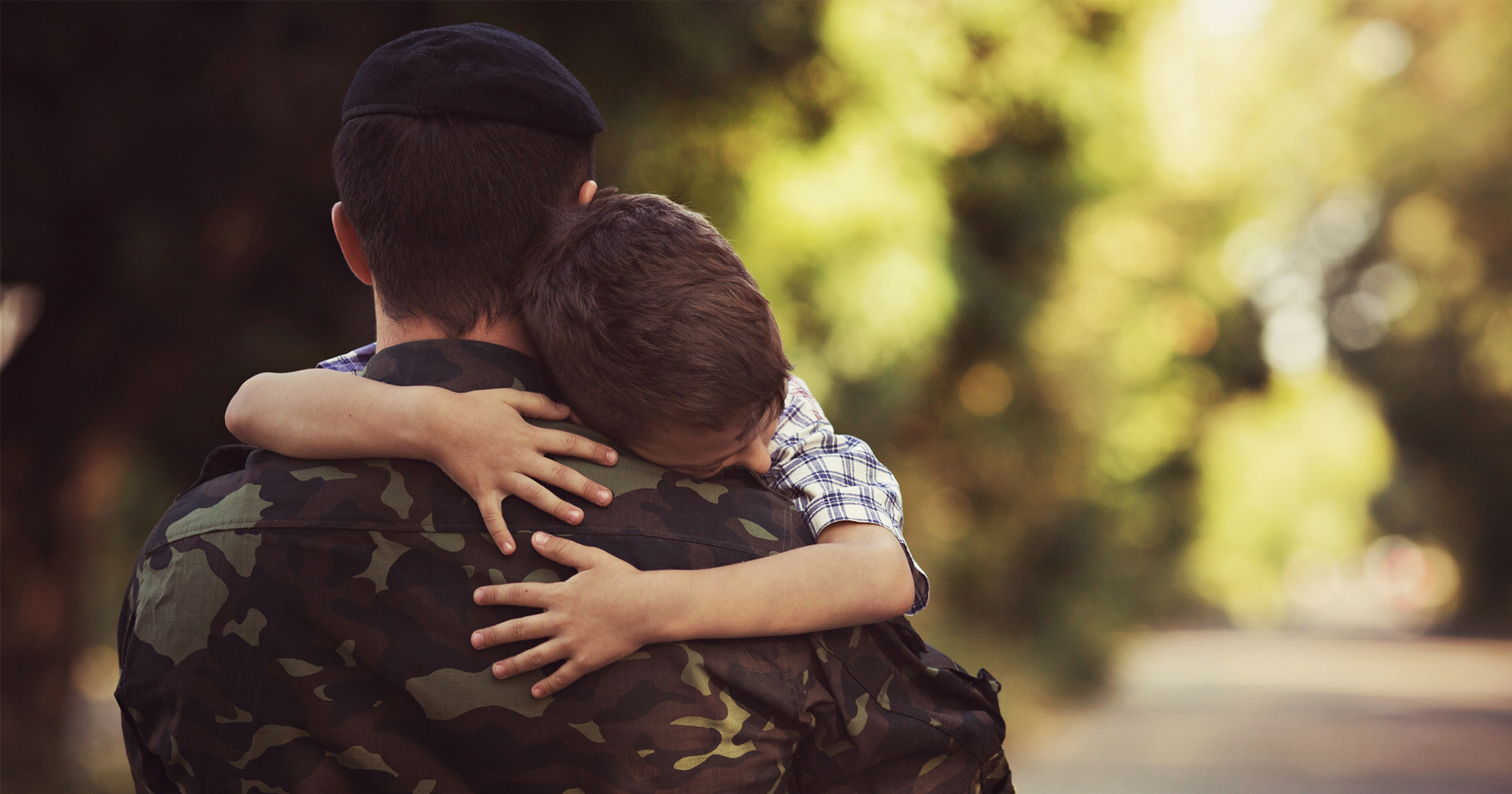Why Members of Military Families Could Still Be Deported

By:
Key protections that kept members of military families from being deported might now be canceled out by President Donald Trump's new immigration guidelines.
 U.S. Citizenship and Immigration Services - uscis.gov
U.S. Citizenship and Immigration Services - uscis.gov
The "Parole in Place" program, which started during President George W. Bush's administration and was expanded under President Barack Obama, included protections for military families. In 2007, the Bush administration started the program after a military wife was forced to navigate deportation proceedings while grieving for her husband who was killed during a roadside bombing attack in Iraq. The Obama administration's expansion protected undocumented immediate family members of all veterans and active duty service members from deportation while they applied to be permanent legal residents. It was previously applied on a case by case basis before the expansion.
 Wikimedia Commons - wikimedia.org
Wikimedia Commons - wikimedia.org
However, Trump's new immigration policy ended Obama's executive protections that were based on a "specified class or category of aliens."
"The administration either did not know or did not care that one of these specified classes included military families," wrote U.S. Marine Corps combat veteran and U.C. San Diego political science professor Nathan Fletcher in a San Diego Union-Tribune opinion piece. "That may be good politics for the red states, but it’s terrible national security policy for the United States, and a slap in the face to thousands of deployed troops with immigrant roots."
Although Trump's immigration memos did not specifically reference the "Parole in Place" protections, they did mention that parole should be used "sparingly," according to Politico's Danny Vinik.
"To immigration critics, these broad policies amount to a systematic abuse of the parole system, which is supposed to be judged strictly on a case-by-case basis, rather than handed out to broad categories of immigrants. In what sounds like a slap at the Obama administration, one subsection of a memo says expanded use of parole 'has contributed to a border security crisis, undermined the integrity of the immigration laws and the parole process, and created an incentive for additional illegal immigration.'"
ATTN: reached out the Department of Homeland Security for clarification of how they will handle military families, and we will update the story if we get a response.
Trump has a mixed history with the military.
 BigStock/Forewer - bigstockphoto.com
BigStock/Forewer - bigstockphoto.com
Veterans played a crucial role in Trump's 2016 presidential election victory, but he's also earned backlash for controversial comments he's made about the armed services both during the campaign, and this week during his presidency.
On Monday Trump said that the military doesn't fight to win and never wins wars anymore.
"We have to win. We have to start winning wars again," Trump said. "I have to say, when I was young, in high school and college, everybody used to say that we never lost a war. 'We never lost a war.' You remember."
In August last year, The New York Times reported that although he attended a military high school, Trump received five deferments during the Vietnam War, one for bad feet and four for education.
